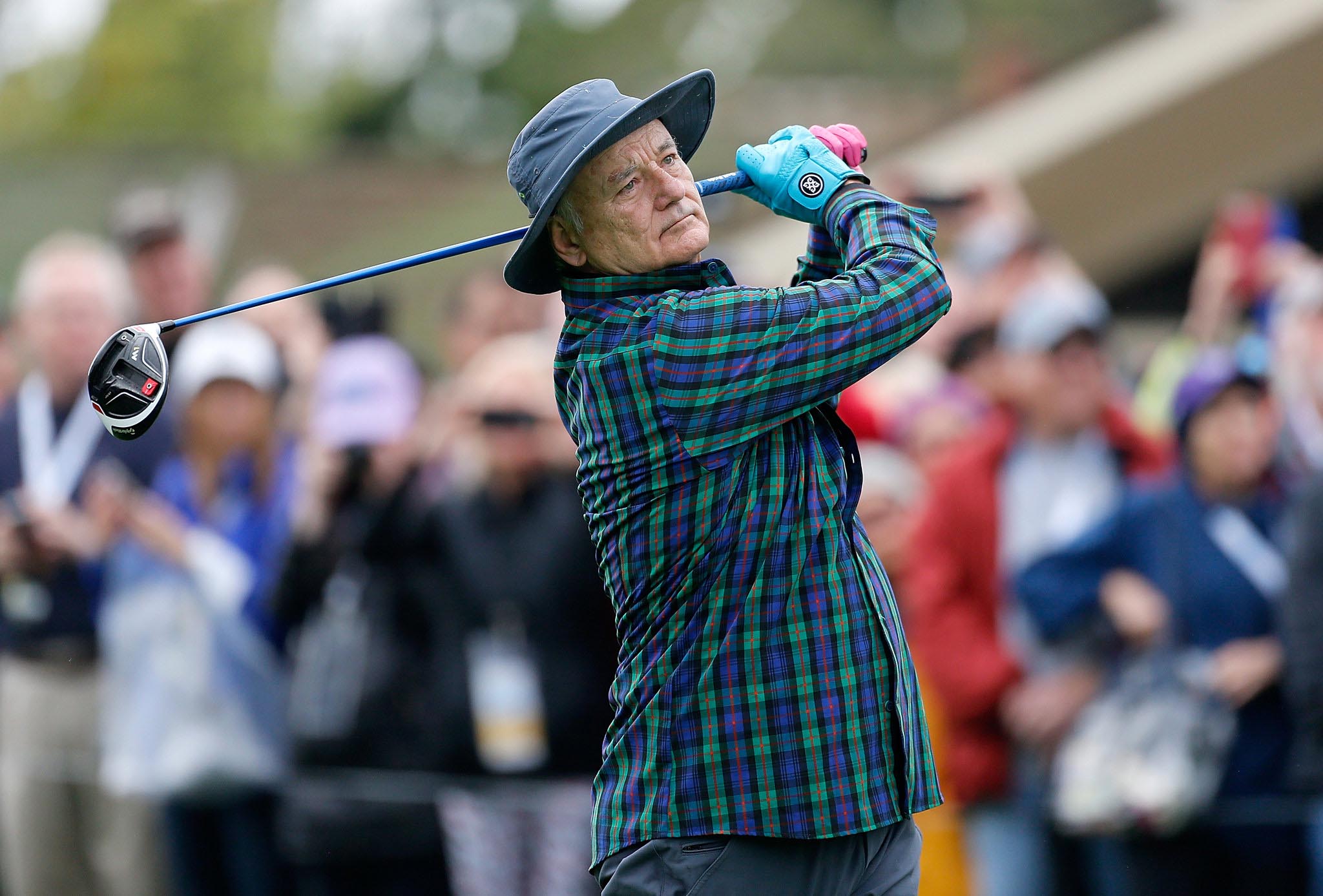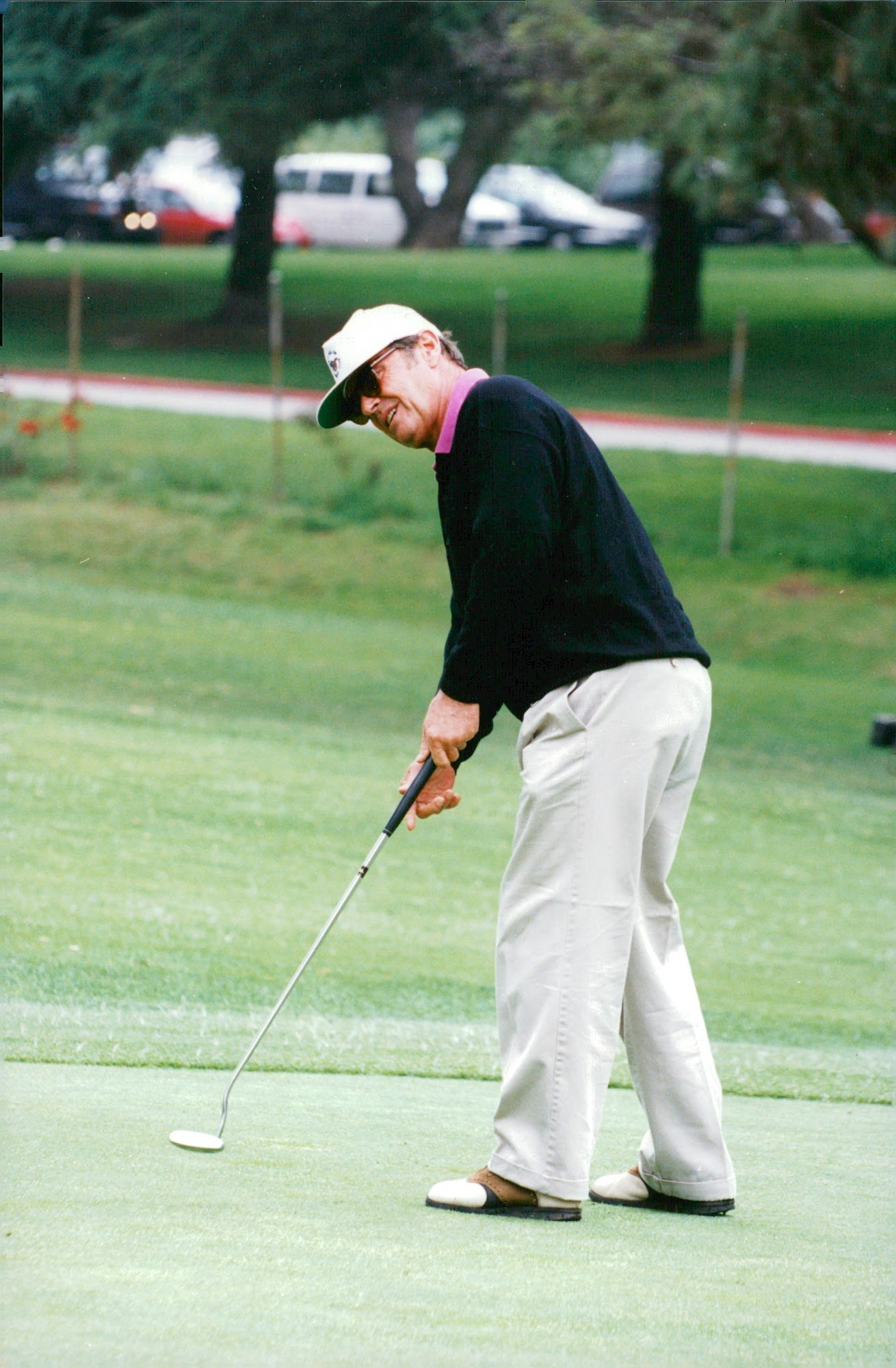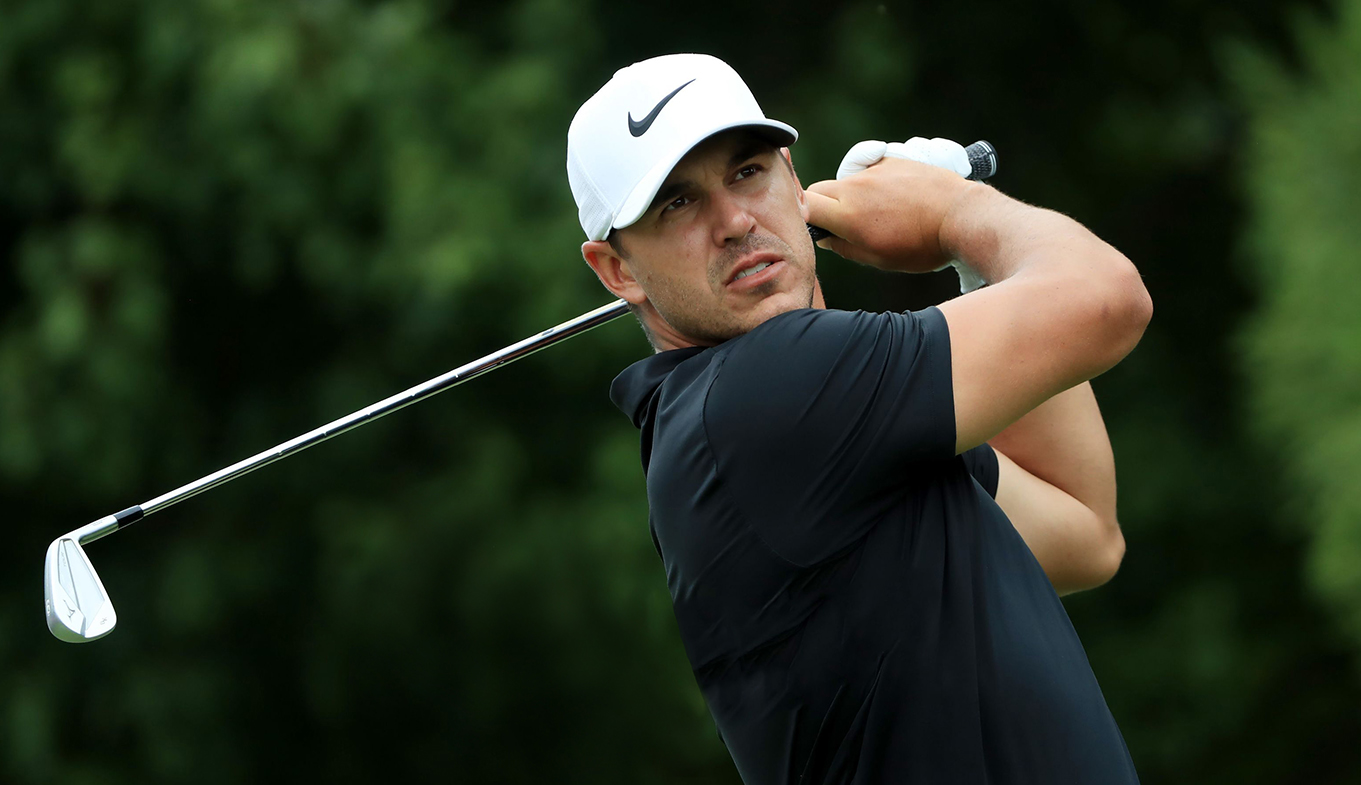Golf, with its deep-rooted traditions and demands for precision, patience, and poise, has always held a unique appeal. Beyond its technical challenges, it has emerged as a cultural touchstone, particularly among celebrities. The game serves as a quiet retreat from public chaos and a platform for networking, self-mastery, and personal branding. With its slow pace, stunning landscapes, and social elements, golf is an ideal companion for a high-profile life.
Part of golf’s magnetic pull for celebrities lies in its image. It is a sport long associated with success, discipline, and refinement—qualities many public figures wish to project or reinforce. Public appearances at tournaments or charity events allow celebrities to maintain a polished, relatable image without seeming overly staged. When someone like Justin Timberlake or Mark Wahlberg is spotted walking a fairway, the message is more than just athleticism or affluence—it signals groundedness, thoughtfulness, and a connection to a storied tradition.
Golf also offers a rare kind of solitude. For individuals constantly under public scrutiny, the course provides a peaceful haven. Unlike team sports, golf is deeply individualistic and serene. There are no screaming fans, no courtside cameras—just the player, the course, and perhaps a few close companions. It’s no surprise that celebrities from varied backgrounds gravitate toward the game. For them, golf offers the perfect blend of retreat, recreation, and tranquillity.

The saying “business happens on the golf course” isn’t just a cliché—it’s a cultural truth. For celebrities with ventures beyond entertainment, golf becomes a networking tool. Deals are discussed, collaborations sparked, and opportunities explored over 18 holes. The structure of a round—hours of walking, talking, and friendly competition creates the ideal setting for building trust and rapport. Someone like Bill Murray, deeply involved in business and entertainment projects, doesn’t just enjoy the game; he uses it as a platform to connect beyond boardrooms and studios.
Of course, not all celebrity golfers are in it for optics or business. Many are simply passionate about the game. Jack Nicholson, for instance, plays for the sheer joy of it, while Alice Cooper credits golf with helping him stay sober. These are not men chasing appearances—they’re chasing birdies, eagles, and better handicaps. The addiction to golf is real, especially for those with the time and means to pursue improvement. It’s a game that humbles, teaches, and challenges—a rare combination few other activities offer.

Golf also supports a broader vision of health and wellness. Its long distances, engagement with nature, and required mental focus make it an ideal low-impact sport. In an industry plagued by burnout and mental health struggles, golf serves as a therapeutic outlet. The meditative nature of the game, combined with its physical benefits, offers celebrities a productive escape that aligns with a healthy lifestyle. It’s no coincidence that more stars are choosing the golf course as their go-to downtime destination—an environment to decompress, recharge, and restore balance.
Philanthropy is another area where golf shines. Celebrity-hosted tournaments and charity outings are common, raising millions for causes around the world. The Tiger Woods Foundation’s Hero World Challenge and the Justin Timberlake Shriners Hospitals for Children Open are standout examples. These events attract stars who blend their love of the game with a sense of social responsibility. Hosting a tournament isn’t just a passion project—it’s a statement of purpose, allowing celebrities to create a meaningful impact while doing something they genuinely enjoy. In this way, golf becomes more than recreation; it becomes part of their legacy.

A Game That Transcends Time
One of golf’s most unique attributes is its timelessness. It’s among the few sports where one can remain competitive and engaged well into their 60s or 70s. For celebrities with long careers, this makes golf an ideal lifelong companion. The sport’s sense of endurance and elegance mirrors the ‘celebrity ethos’—the desire to remain relevant, refined, and successful over time. That synergy makes golf not just a pastime but a powerful symbol of lasting appeal.
Some celebrities even use golf as a launchpad for lifestyle ventures. From fashion lines to equipment endorsements to course design, the opportunities are broad. Musicians and actors alike have introduced golf apparel brands or invested in clubs and training academies. This fusion of celebrity and golf culture has sparked new subcultures within the sport, drawing in fans who may never have considered the game until their favorite star picked up a club. It’s a symbiotic relationship: the sport gains visibility and vibrancy, while the celebrity explores new creative and commercial paths.

The Celebrity-Golf Symbiosis
Ultimately, the relationship between celebrities and golf is one of mutual benefit. Celebrities gain a calm, elegant space for retreat, connection, and reinvention. Golf, in turn, receives cultural relevance, investment, and a renewed public spotlight. This symbiotic relationship elevates both. Golf’s quiet dignity and nuanced complexity offer a balance to the chaos of celebrity life—not merely an escape, but a harmony.
As long as the game continues to provide this unique blend of challenge, serenity, and social capital, it will remain a beloved pastime—not just for the affluent and well-connected, but for the world’s most watched and followed as well.
















